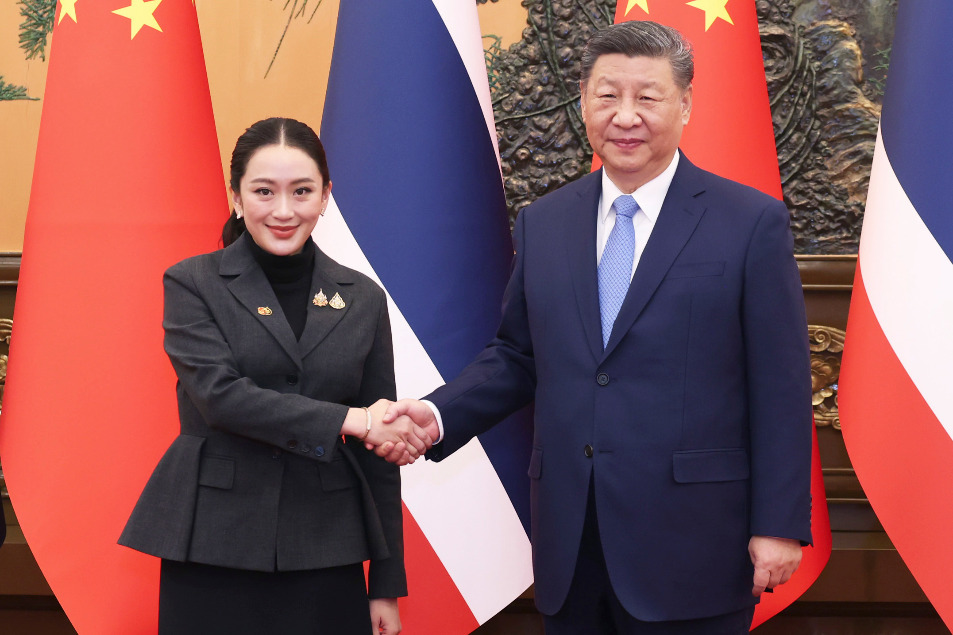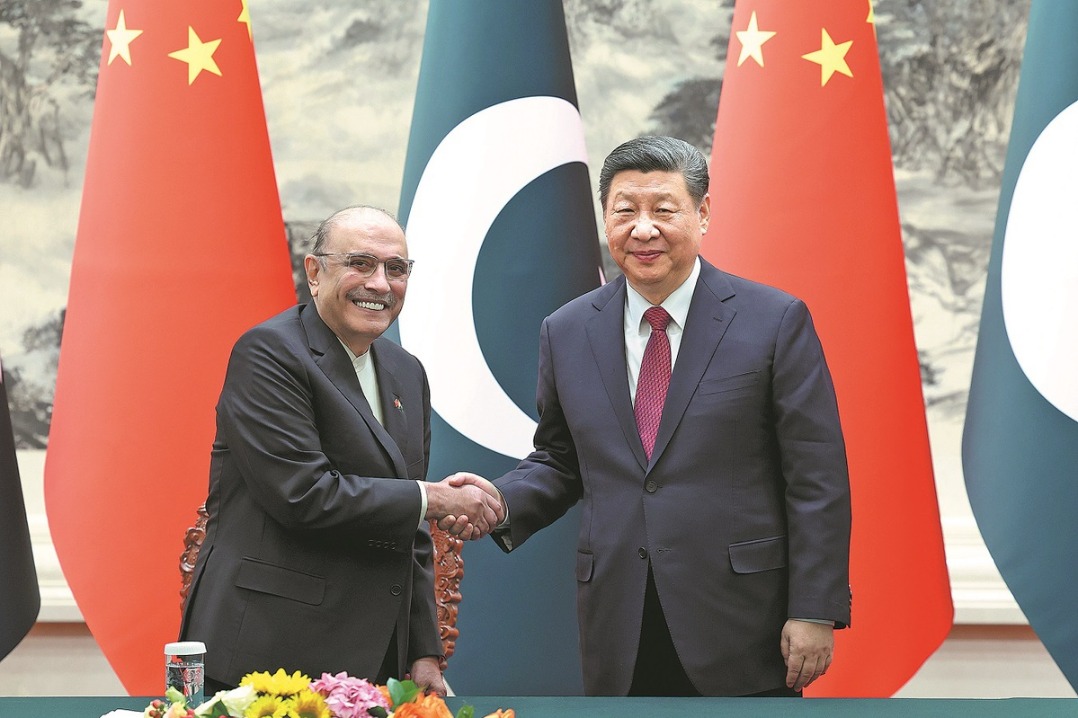Pentagon's strategy is not a good fit for the times

A US guided missile destroyer sailed within 12 nautical miles of China's Huangyan Island on Wednesday evening without Beijing's permission.
On Friday, the US Department of Defense published its first new National Defense Strategy in a decade, in which China and Russia replace terrorism as the country's foremost adversaries.
On the surface, there is no surprise in either case. The Wednesday trespass was a replay of what has already happened multiple times. The new defense strategy builds on the National Security Strategy announced on December 18 and is a logical extension of it.
But the US' latest defense strategy merits serious attention as it marks a substantive turn in US strategic thinking, which may lead to essential changes in bilateral interaction.
China-US relations have weathered various forms and degrees of suspicion and frictions thanks to their commitment to mutual goodwill. Despite all their differences and the competitive nature of their relationship, neither has openly called the other an adversary.
The Trump Administration had previously pledged to develop bilateral ties in the spirit of no conflict, no confrontation, mutual respect and win-win cooperation. It has more recently backpedalled and committed to a "constructive, results-oriented" relationship, yet despite such verbal gymnastics there was the general feeling that it was willing and seeking to get along with Beijing.
However, as US Defense Secretary James Mattis said on Friday when he released the Pentagon's new strategy, "great power competition" is now the "primary focus" of US national security. This reflects a Cold War mindset that has the potential to not only fundamentally redefine the China-US relationship, but one that threatens to put the two militaries on a collision course.
Indulging in the imaginary return of great power rivalry, his department risks severely undercutting the corresponding endeavors both countries have made over the years to avoid that worst-case scenario and avoid the major-power confrontation the strategy envisages.
Mattis was dangerously wrong in praising it as a "good fit for the times". For although the strategy is aimed at reaffirming the US' hegemony, through its alliance and partnership structure and building up its military advantage, it is trying to maintain a status quo that no longer exists.
The world is changing, and the US should be looking toward the future rather than looking back to an imagined golden age.
Today's Top News
- Meetings put spotlight on shared aspirations of Southeast Asian countries and China
- Trump's proposal for Gaza raises questions: China Daily editorial
- Xi to attend opening ceremony of 9th Asian Winter Games
- Xi holds talks with Brunei's Sultan
- Xi meets Thai PM
- PLA wary of 'joint patrols' in South China Sea






























